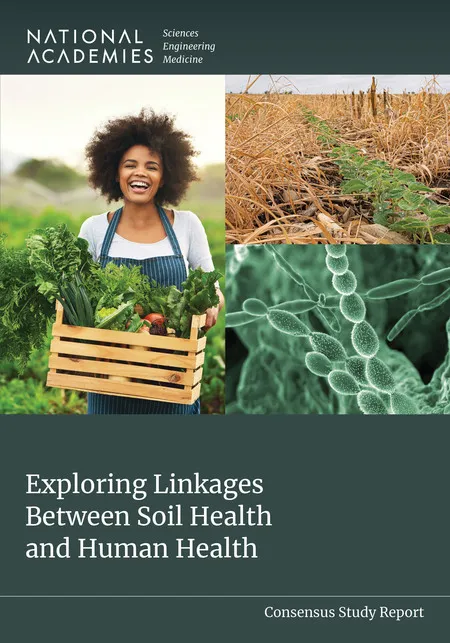Soil health refers to the state of the soil with regards to its capacity to support plant growth; in this sense, it is a synonym for the narrower term soil fertility. However it is also used to refer to the soil's capacity to provide other ecosystem services, such as contributing to carbon sequestration or flood management, and the role soil plays in a wider set of relationships in an ecosystem. In practice, soil health in agronomy is mostly a function of its contents of plant macronutrients (particularly nitrogen, phosphorus and potassium, NPK) and micronutrients, its proportion of organic carbon, and the microbial communities living within it. Soil in poor health might be soil lacking in some key nutrients, with a very low content of organic carbon, or with a limited or unbalanced microbial ecosystem.






